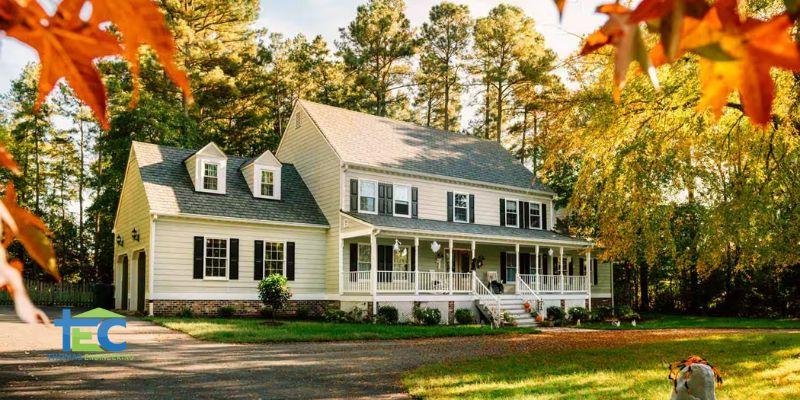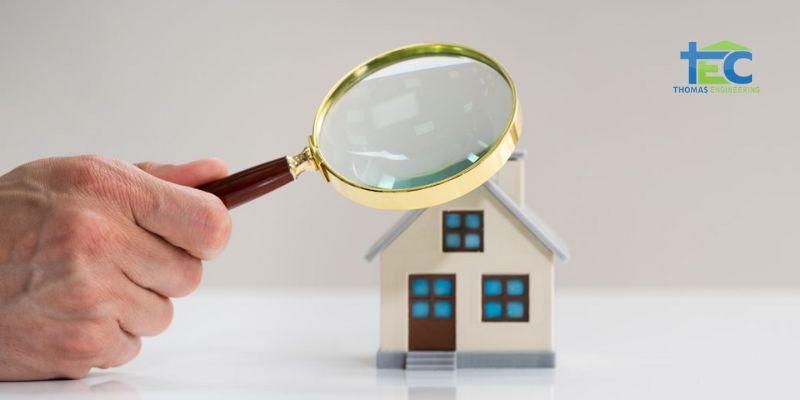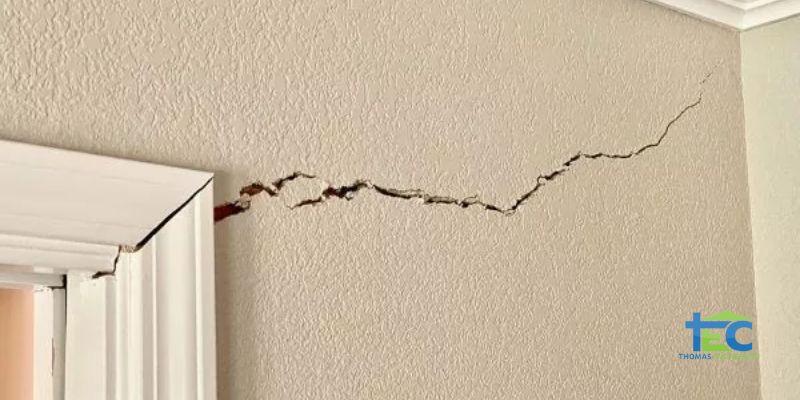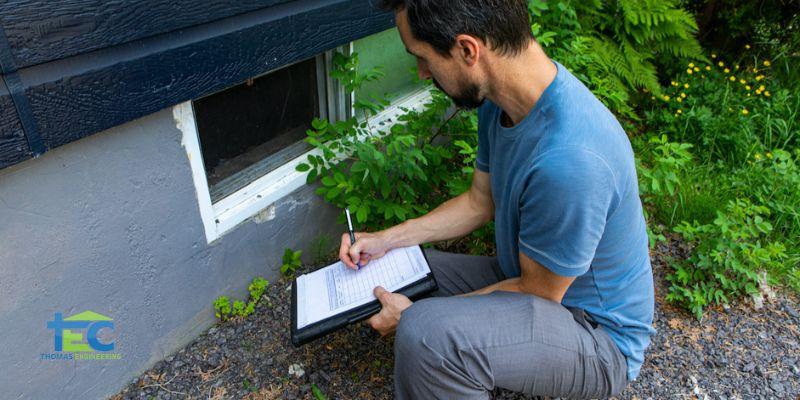
Foundation Problems and Drainage – How the two Relate
When spotting foundation problems early on, it’s important to gather as many clues as possible. Not only should you pay attention to sheetrock and brick and mortar cracks, sloping floors jammed windows and doors, but you also need to consider the home’s drainage. Inspecting the drainage system is important. Excess moisture is the enemy of home maintenance, and it’s a problem that can escalate if not addressed.
Proper execution of drainage inspections can:
- Detect early problems to eliminate expensive repairs;
- Prevent the hassle of slow water drainage and waste clogs;
- Mitigate the risk of damaged pipelines and drainages systems; and
- Increase and promote environmental safety.
During your home inspection, the inspector should thoroughly inspect the following:
- Water supply
- Drainage systems
- Water heating equipment
- Drainage pumps
A Licensed Professional Home Inspector will look at your gutters, downspouts, hot water heater, etc. Less than normal water pressure, pipes that have rust spots, noisy pumps and even corrosion can indicate foundation problems that are all related to drainage. If you own a pool or spa, irrigation system, or water well, make sure that your inspector is Licensed to evaluate those items as well.
Why Drainage is Important
Drainage is one of the last things homeowners would think of inspecting when it comes to foundation problems. In reality, drainage is a huge factor! A wet slab, or ineffective gutters, can increase the risk of moisture-related problems. Mold and condensation are one side effect of excessive moisture, but did you know that too much moisture can reap havoc on your home’s foundation? If the soil is overly saturated, heavy soil erosion and swelling soil pose a threat to your foundation that can result in structural damage.
The Role of a Home Inspector
Some Licensed Professional Home Inspectors offer foundation elevation surveys with each inspection. This allows homeowners to get a bigger picture of the home’s foundation. Even in new builds, an elevation survey is a great way to create a starting point in case there are future foundation problems.
Your home inspector will also evaluate landscaping, grading, downspouts, and retaining walls to determine if adequate drainage exists on the property. He/she will also run faucets and test the hot water heater and other appliances for leaks or malfunctioning parts. View the full home inspection checklist with interior and exterior checkpoints.
The Role of a Structural Engineer
A certified engineer will examine all components that influence your home’s foundation. This includes; drainage concerns, interfering trees, and landscape, soil conditions, etc.
A Licensed Professional Engineer can access the property and identify potential drainage concerns that should be addressed prior to foundation repairs. In general, it is recommended that drainage projects are completed at least six months before piers are installed. This allows the foundation to settle and avoids having to make repairs twice.
Are you in process of purchasing a home?
Contact one of our Home Inspectors for a full evaluation with complimentary elevation surveying and an irrigation inspection. Our experts will let you know if an engineer is needed for further evaluation. (817)576-1973
Already own a home?
Reach out to our Licensed P.E. for an engineer’s report. (817) 576-1973
For more information, read the full article on Understanding Your Engineer’s Report.






